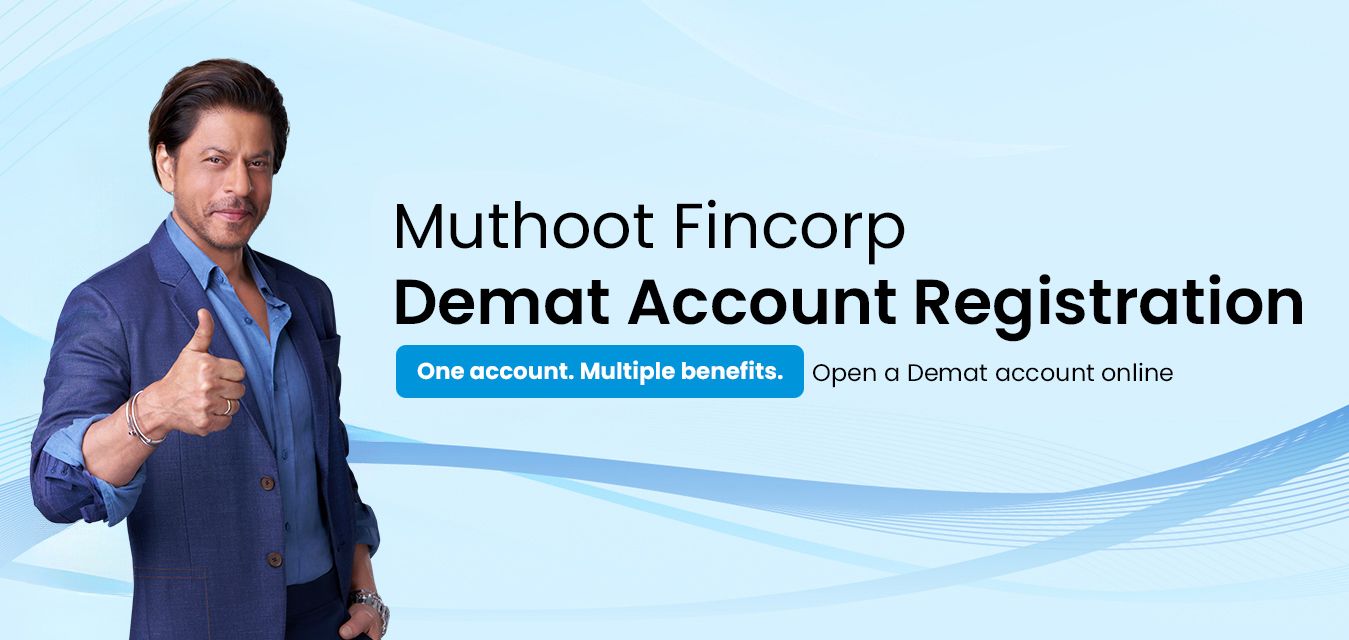
— Investor Awareness —
-
No need to issue cheques by investors while subscribing to IPO. Just write the bank account number and sign in the application form to authorise your bank to make payment in case of allotment. No worries for refund as the money remains in investor's account.
-
Prevent Unauthorized Transactions in your demat account --> Update your Mobile Number with your Depository Participant. Receive alerts on your Registered Mobile for all debit and other important transactions in your demat account directly from CDSL on the same day.(issued in the interest of investors.).
-
KYC is one time exercise while dealing in securities markets - once KYC is done through a SEBI registered intermediary (broker, DP, Mutual Fund etc.), you need not undergo the same process again when you approach another intermediary."
Updations of KYC
- Name
- Address
- PAN
- Valid mobile number
- Valid email-idm
- Income range
For updating Address/PAN: Submit the duly filled Demat modification form & KYC sheet (hard copy) along with self-attested PAN copy & Address proof and passport size colored photograph to your nearest MFL branch
For updating Mobile no./Email id/Income range: Submit the duly filled Degmat modification (hard copy) to your nearest MFL branch.
— Why choose a Demat account —
Your Muthoot FinCorp Demat Account provides you with a multitude of benefits
No TDS for NCD holding in Demat Account.
A choice to hold your shares in the physical form if required.
It allows for immediate transfer of your debentures/securities.
Buying and selling financial instruments is now simple and seamless.
You can pledge your financial instruments as collateral for a loan.
Safe and convenient way to hold on to your shares, debentures, and more.
With a centralized e-account, multiple access options open up automatically.
Your allotted bonus/right shares are credited into your account.
Open a Demat Account easily with little documentation involved.
Lower transaction costs when compared to physical transactions.
Muthoot Demat Account Benefits
Risk-Free Trading
No risk of losing or
misplacing physical certificates.
End-to-end Digital Process
From account opening to viewing statements, all information is available online.
Amplify your Knowledge
Track all your investments from a single account — whether mutual funds or gold traded shares.
Escalation Matrix
| Details of | Contact Person | Address | Contact No | Email Id |
|---|---|---|---|---|
Client Servicing |
Aparna PS/ Parvathy KS |
Muthoot Fincorp, Poothoppil building, Punnen road, Trivandrum -695001 |
||
Escalation |
Samith Victor Rodrigues |
Muthoot Fincorp, Poothoppil building, Punnen road, Trivandrum -695001 |
||
Nodal Officer |
Julia Mathew |
Muthoot Fincorp, Poothoppil building, Punnen road, Trivandrum -695001 |
||
Alternative Compliance Officer |
Krishnamoorthy Hariharan |
Muthoot Fincorp, Poomthoppil building, Punnen road, Trivandrum - 695001 |
||
Principal Compliance Officer |
Ajay Kanal |
Muthoot Fincorp, Poomthoppil building, Punnen road, Trivandrum - 695001 |
Note : Our Office Working Hour : 9.30AM to 6.00PM except Sunday and Public Holidays
We are part of Muthoot Blue
The Muthoot Pappachan Group, with a reputation that has been shaped over decades with high quality practices, total customer satisfaction and steady growth, spanning decades in the field of business, is a legacy built on our Core Values. With trust as the bedrock, Group’s core values are Integrity, Collaboration and Excellence which has led us to become one of the top business houses of India today.
-

Over 5,200 Branches across India
-

138+ years of legacy
-

Over 47,000 Muthootians serving millions of customers
-

Walk-in of over 1,00,000 customers per day









